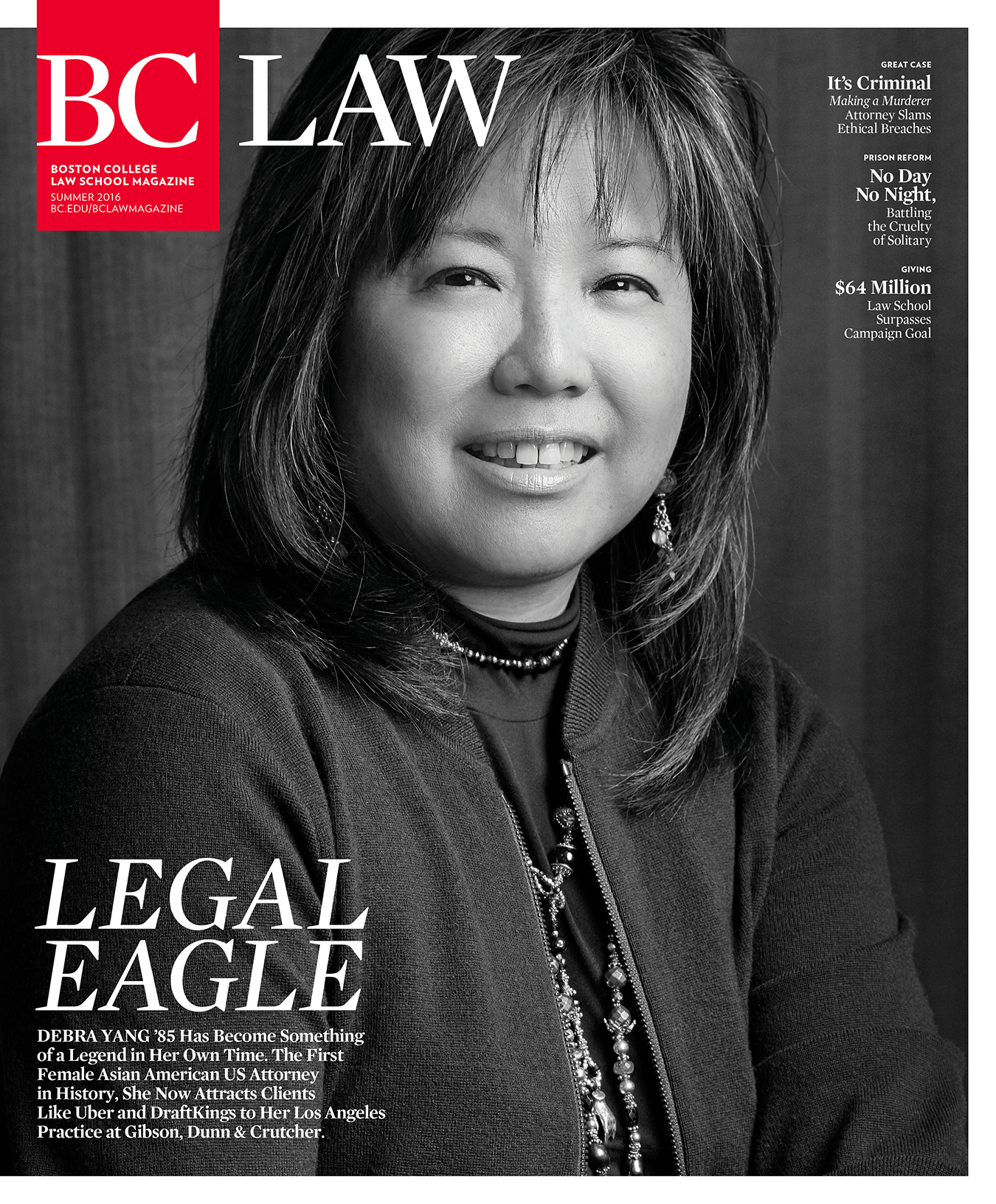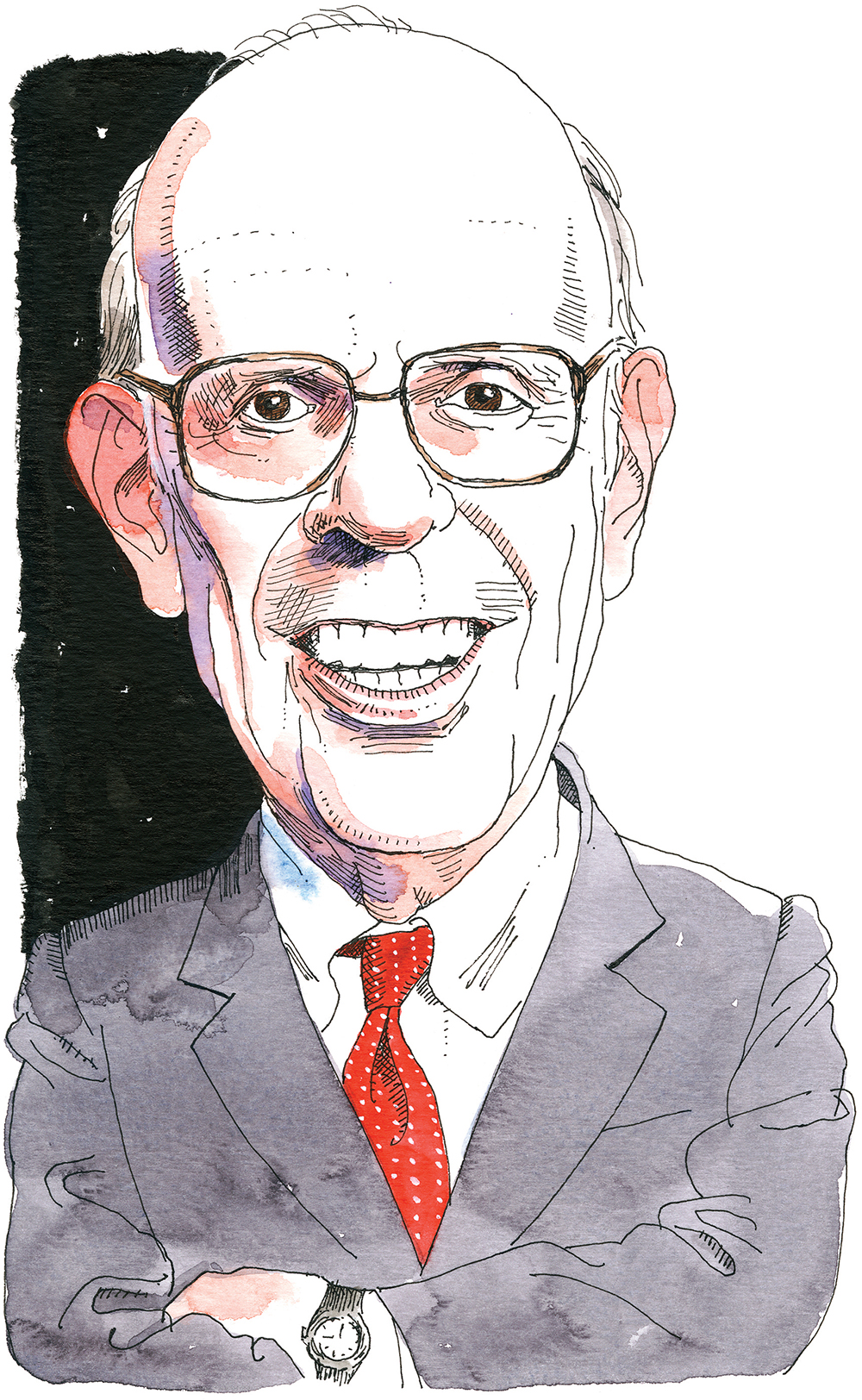Pocket Résumé
Credentials: AB, LLB, Harvard; BC Law faculty member since 1971; Robert F. Drinan, SJ, Professor of Law since 2007. Clout: Governor’s Task Force on Public Integrity, 2008-2009; Assistant Independent Counsel, Office of Independent Counsel Donald C. Smaltz, 1998-1999; Chair, Massachusetts Ethics Commission 1994-1998. Interests: Public corruption, federal-state relations. Publications: Law reviews: Cornell, Ohio State, USC, Georgetown, William and Mary, Virginia, and others.
The Idea: In Citizens United v. FEC (2010), the Supreme Court endorsed the idea that influence and access brought about through campaign contributions are not corruption. Outside the campaign context, however, the law has been deeply suspicious of direct transfers of money and other gifts to public officials, whether elected or not. There is a real danger that the Citizens United approach—the product of electoral vision—will spread to ordinary corruption cases. This would undermine deeply rooted traditions of impartial administration, as well as disapproval of payments to public officials.
The Impact: Professor George Brown’s writing has been cited more than 500 times in law review articles and court opinions. Brown recently saw his fortieth article published, an impressive feat for any academic, and nearly a quarter of the articles, including most of those published since the mid-1990s, call for a robust federal role in prosecuting wayward state and local officials.
Such prosecutions raise federalism questions, Brown admits. “There’s a line you have to walk. In a perfect world, the states would be leading the prosecutions within their own ranks. I’d like to see the states be the good guys, but they aren’t.”
In his dissent from the denial of certiorari in Sorich v. US (2009), Supreme Court Justice Antonin Scalia cites a Cornell Law Review article in which Brown tries to rescue the “honest services” language in the mail fraud statute from those on the court who find the language vague and are offended by the picture of a federal judge making up rules for state officeholders. In the article, Brown, who shares those concerns, suggests an ingenious workaround: that federal courts use state law to define corruption by state officials. The Fifth Circuit Court of Appeals adopted Brown’s position in 1997 and cited his article as an example of “cogent, scholarly commentary.”
“There’s a line you have to walk. In a perfect world, the states would be leading the [corruption] prosecutions within their own ranks. I’d like to see the states be the good guys, but they aren’t.”
Scalia would have gone further, by removing the honest services language from the federal statute book. But a year after Sorich, in Skilling v. US, the court upheld the language, though only as applied to bribery and kickbacks. (Not included were other forms of corruption such as gratuities, extortion, and influence-peddling.) “I was pleased that the court took a middle ground,” Brown says, “but I thought my middle ground was a better one.”
Taken together, Brown’s articles show a US Supreme Court that has defined corruption ever more narrowly. An early example is the landmark case US v. Sun-Diamond (1999), for which Brown himself helped write the government’s brief. In Sun-Diamond the court considered whether an agri-business could legally give gifts worth more than $5,000 to the secretary of agriculture. The unanimous verdict: The gifts were permitted because the government had failed to show a link between them and any official acts performed or to be performed on behalf of the gift-giver.
Brown’s latest article, in Notre Dame Law Review, warns against the leakage of the Citizens United definition of corruption from the electoral context into the sphere of “ordinary corruption,” where the items of value go to officeholders directly and not to their campaigns.
Will courts heed this warning? One test is the case of Virginia ex-governor Bob McDonnell. In April, the Supreme Court heard oral arguments in McDonnell’s appeal of his conviction on federal corruption charges. As governor, McDonnell requested and received cash and gifts whose total value exceeded $160,000 from Jonnie R. Williams, head of a dietary supplement firm. Prosecutors alleged that in return, McDonnell gave his benefactor access to top state officials and allowed him to use the governor’s mansion for a product launch.
According to Brown, McDonnell’s lawyers and amici have done exactly what he warns against in his article. “McDonnell’s champions use the word ‘donor,’” Brown complains, “as if [Williams] was a campaign contributor,” a use of language that Brown calls “sleight-of-hand.”
Had Justice Scalia lived, says Brown, he would have been “very attracted to the argument that McDonnell was providing ordinary constituent services.” But what the governor did in return for the gifts is immaterial, Brown argues. As he writes in the Notre Dame article, “the crime of bribery is complete upon the knowing acceptance of a bribe and agreement to take future official acts.” Thus, the question, he says, “isn’t whether McDonnell performed official acts. It’s whether he agreed implicitly to use his influence at some future point.”
Accounts of the oral arguments show what Brown calls “surprising support for McDonnell’s position.” A McDonnell victory, he says, might rouse Congress to enact a law undoing the court’s work, by defining corruption more expansively. “If McDonnell were to win,” says Brown, “and the public understood the extreme generosity that had been showered upon him, I think that would provoke political interest in making a change.”



